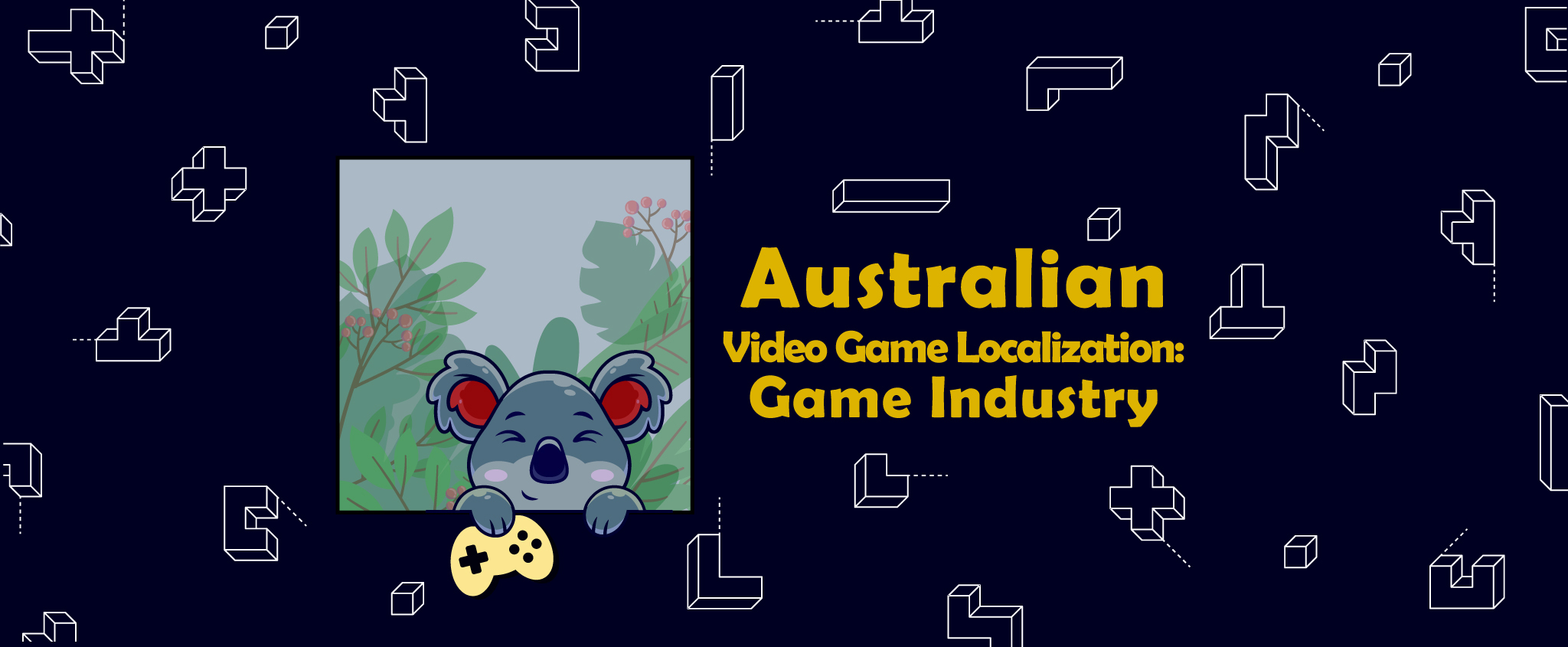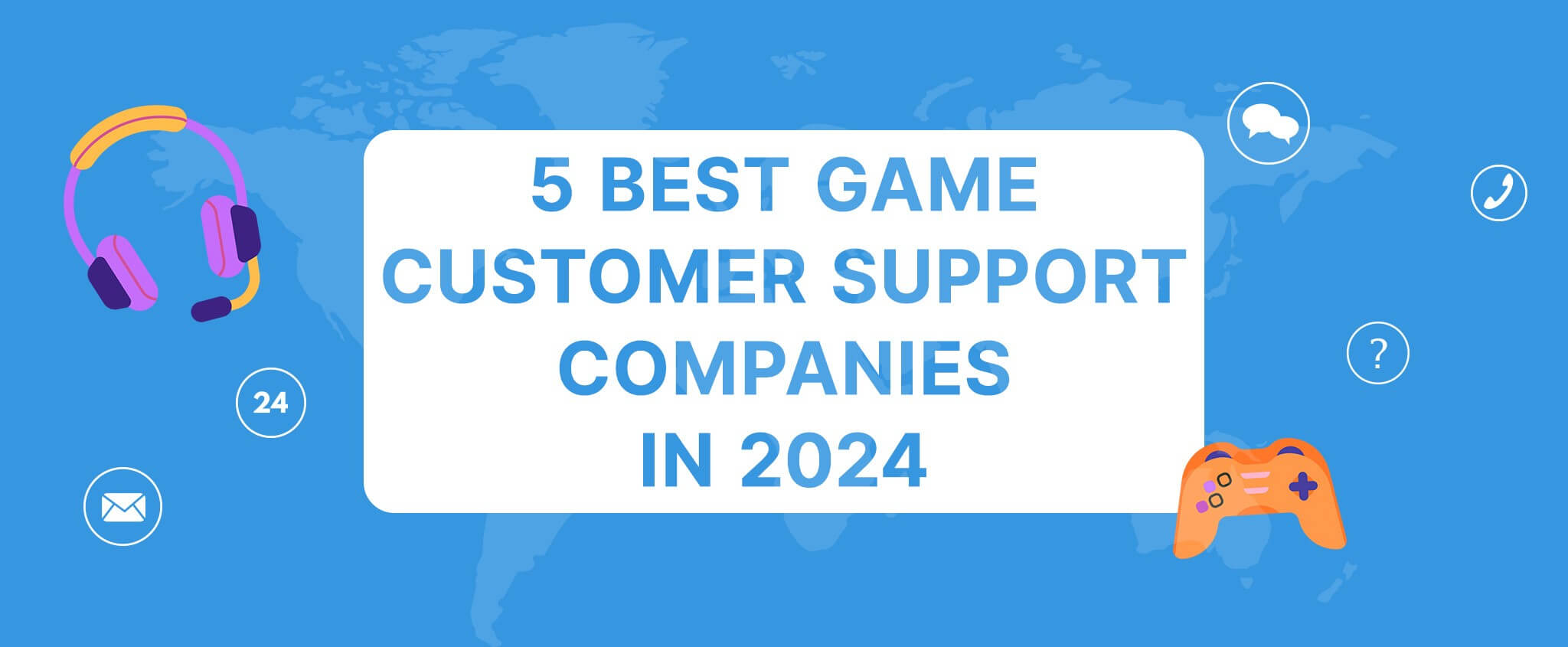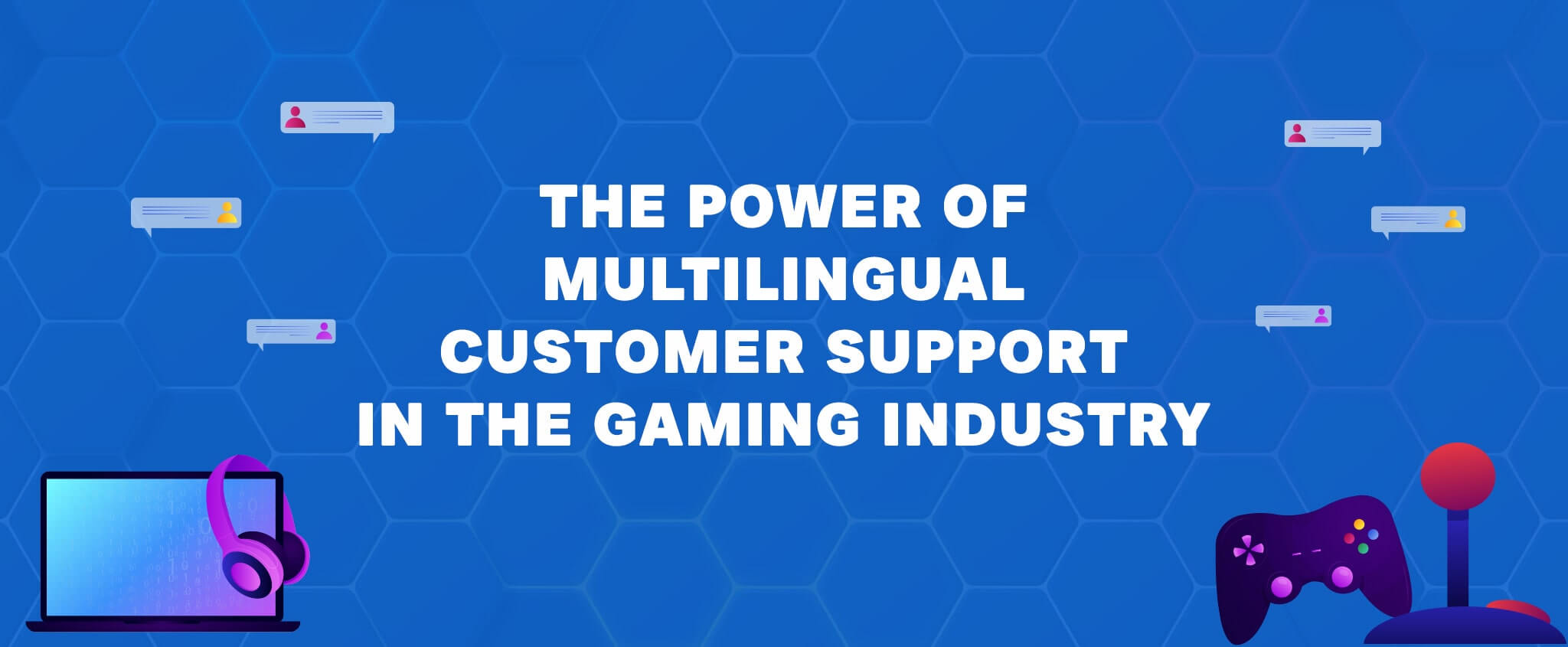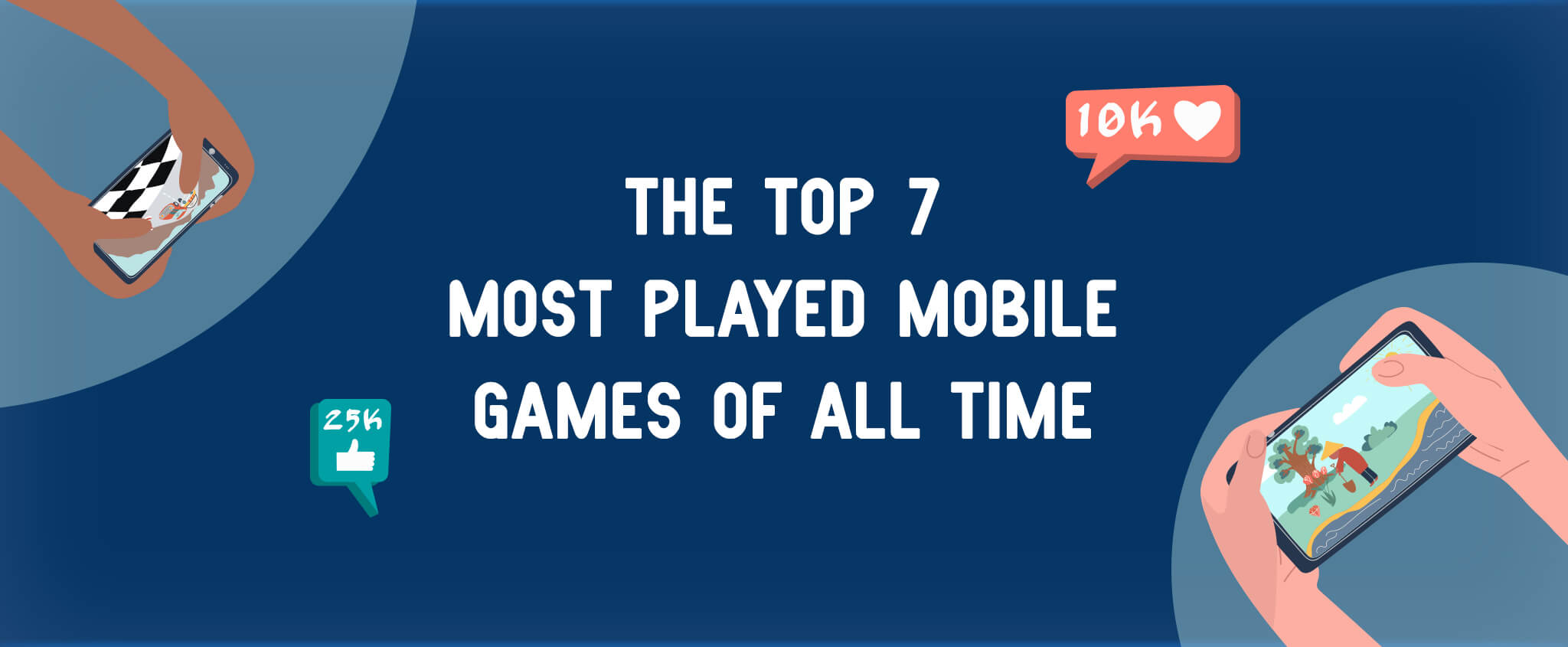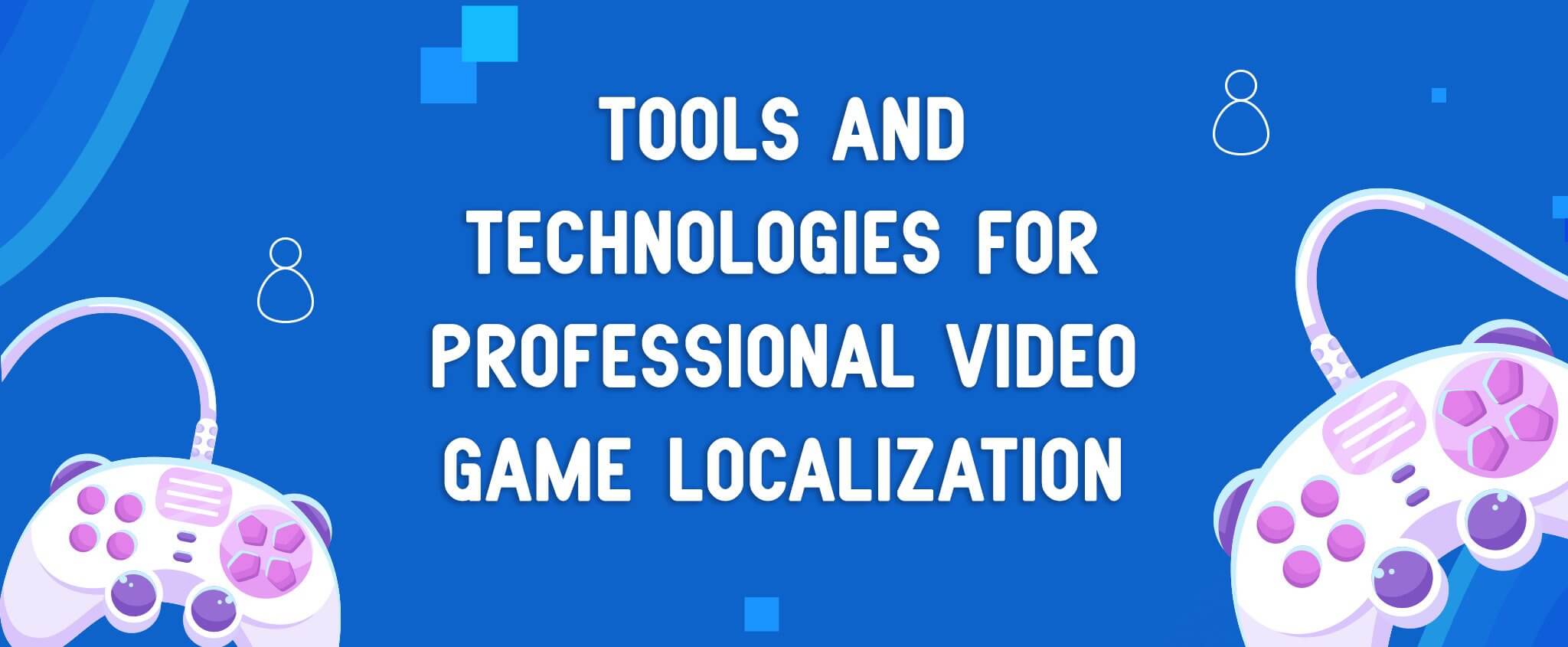Australian Video Game Localization: Game Industry
As of 2017, Australia’s video gaming localization business was worth $2.96 billion, including both traditional retail and internet sales. According to a 2017 poll, 928 persons worked in game development in Australia. Australian game developers made around $118.5 million in income in fiscal year 2016–17, with eighty percent of that coming from overseas sales.
EB Games, JB Hi-Fi, Gametraders, and The Gamesmen are some of Australia’s gaming industry’s video game retailers. Department stores such as Big W and Target Australia also sell video games.
At the height of the global financial crisis in 2009, the Australian gaming industry lost several larger game production studios, with only a handful remaining on a considerably smaller scale. We also noticed a lot of talented and skilled developers being compelled to work in other countries in order to get expertise and gain jobs in the industry. The closure of 2K Australia in 2015 meant that Australia no longer had any AAA studios.
According to the midpoint estimate scenario, total interactive games and e-sports revenue in Australia reached A$3.41 billion in 2020, and is predicted to grow at a robust 7.5 percent to A$4.9 billion in 2025.
Australian game censorship
In Australia, video games could not be rated as adults only or 18+ until January 1, 2013. Since the adoption of the Classification (Publications, Films, and Computer Games) Act 1995, an 18+ classification rating has been offered for additional forms of media for this reason. A video game with content deemed improper for persons under the age of 18 would have been ‘Refused Classification’ by the Australian Classification Board (ACB) prior to 1 January 2013 under this act. In Australia, video game classification is required, and content that is not classified is prohibited from sale, hire, or import.
Duke Nukem 3D, Grand Theft Auto III, Grand Theft Auto: Vice City, Grand Theft Auto: San Andreas, Grand Theft Auto IV, Fallout 3, Left 4 Dead 2, Mortal Kombat (2011), and The House of the Dead: Overkill Extended Cut are some of the notable video games in the Australian gaming localization industry that were refused classification by the ACB prior to the introduction of an R18+ for video games. The publishers changed the majority of these titles, reclassifying them as MA15+ and making them eligible for purchase in Australia. Despite the fact that some games (such as GTA 3 and Mortal Kombat Komplete Edition) were subsequently rated R18+ uncut and The House of the Dead: Overkill was given an uncut 15+ on appeal, some games (such as GTA 3 and Mortal Kombat Komplete Edition) were later rated 18+ uncut.
The Standing Committee of Attorneys-General decided in principle on July 22, 2011 to submit legislation allowing video games to be classified 18+. On January 1, 2013, amendments to the Classification (Publications, Films, and Computer Games) Act 1995 went into effect, allowing video games to be rated for adults only. Games that were rejected classification prior to 1 January 2013 can be reclassified as 18+ and sold in Australia provided the game’s publisher asks for reclassification and pays a fee.
If games depict, express, or otherwise deal with sex, substance use or addiction, killing, cruelty, terrorism, or shocking or abhorrent phenomena in such a way that they offend against the standards of morality, decency, and propriety generally accepted by reasonable adults, they can still be refused classification and banned from sale.
Material that is rejected categorization is placed on a list of forbidden materials maintained by the Australian Customs and Border Protection Service. Any copies of these games discovered at the border would be seized, and the recipient might face fines of up to AUD$110,000, depending on the quantity of copies imported.
Refused Classification products, such as games, are legal to possess, use, access, or produce (with the exception of Western Australia). A Refused Classification grade, on the other hand, indicates that the generated item is not allowed to be sold in Australia.
Australian video game localization industry statistics
Sixty seven percent of Australians play video games. Forty six percent of video game players are female. Thirty four years is the average age of video game players. Unlike in regions like Europe or the US, in which industry bodies like the ESRB are trusted to self-regulate the classification of video games or movies, Australia’s classification is government-run. Ratings are provided by the Australian Classification Board.
According to the Digital Australia report of 2020, two out of three Australians play video games. Also, the gaming industry in the country has more turnover than the movie or music industries. This shows how absolutely captivated Aussies are about video games.
Types of Australian video games localization and the population
According to data and polls presented to the committee, a considerable proportion of Australians enjoy playing video games for enjoyment. Professor Jeffrey Brand and Mr. Stewart Todhunter performed a household research for the Interactive Games and Entertainment Association (IGEA) in 2015, which found:
> A device for playing interactive games is found in ninety eight percent of Australian homes with children under the age of eighteen; sixty eight per cent of Australians play interactive games.
> Seventy eight percent of those surveyed were eighteen years or older, seventy one percent were working age (18–64 years), twenty three percent were fifty years or older, and seven percent were sixty five years or older; the average age was thirty three years, and forty seven percent of those surveyed were female.
> Australians spend an average of eighty eight minutes per day playing interactive games as part of their routine media consumption; twenty seven percent of players have tried producing interactive games using software, and nine percent have studied or want to study interactive games themes.
CCCI – Australian game localization company
At CCCI, we know that quality Australian video game localization is the gateway to the international gaming industry. We provide desktop, mobile, browser, and console games localization and customer support in 30+ languages around the U.S., Europe, and Asia.
We specialize in global media localization in CCCI. We assist game developers, media-focused and advertising companies, software and app developers, as well as comics, webtoon, and manga publishers with translating and localizing material for international markets. We offer complete localization solutions, including multilingual customer support, text localization, comic, webtoon, and manga localization, as well as audio and speech data collection.
Our CCCI team has been working with top Japanese game companies for over a decade. Our expertise in Australian video game localization helps game companies to reach different gaming markets worldwide. Separate from our general and specialized translations, we do Australian video game localization and translation with creativity and high standards.

